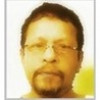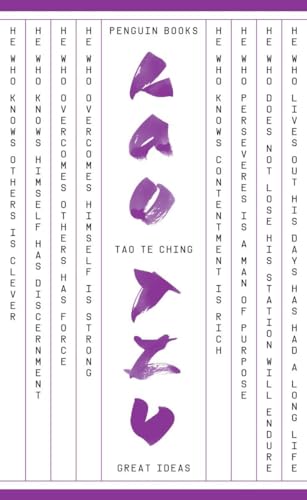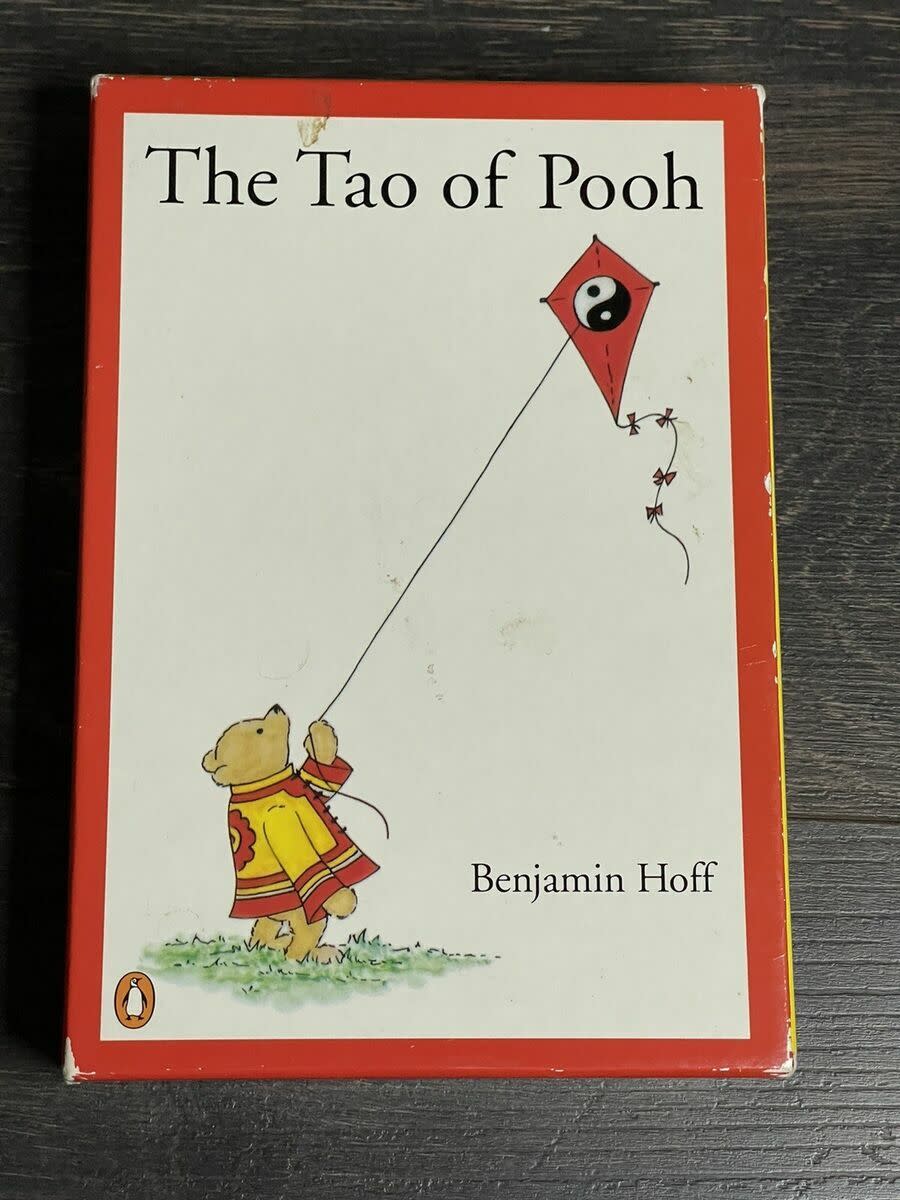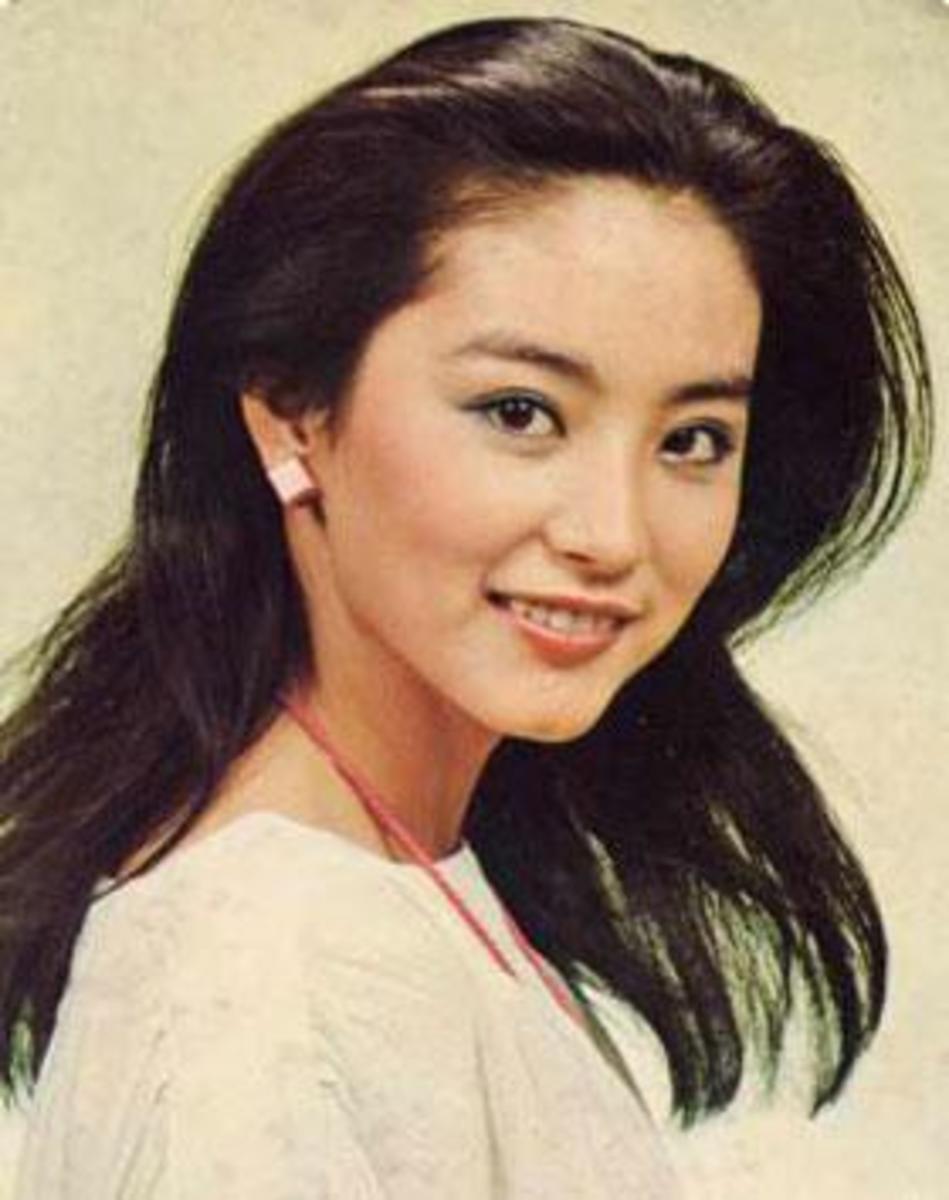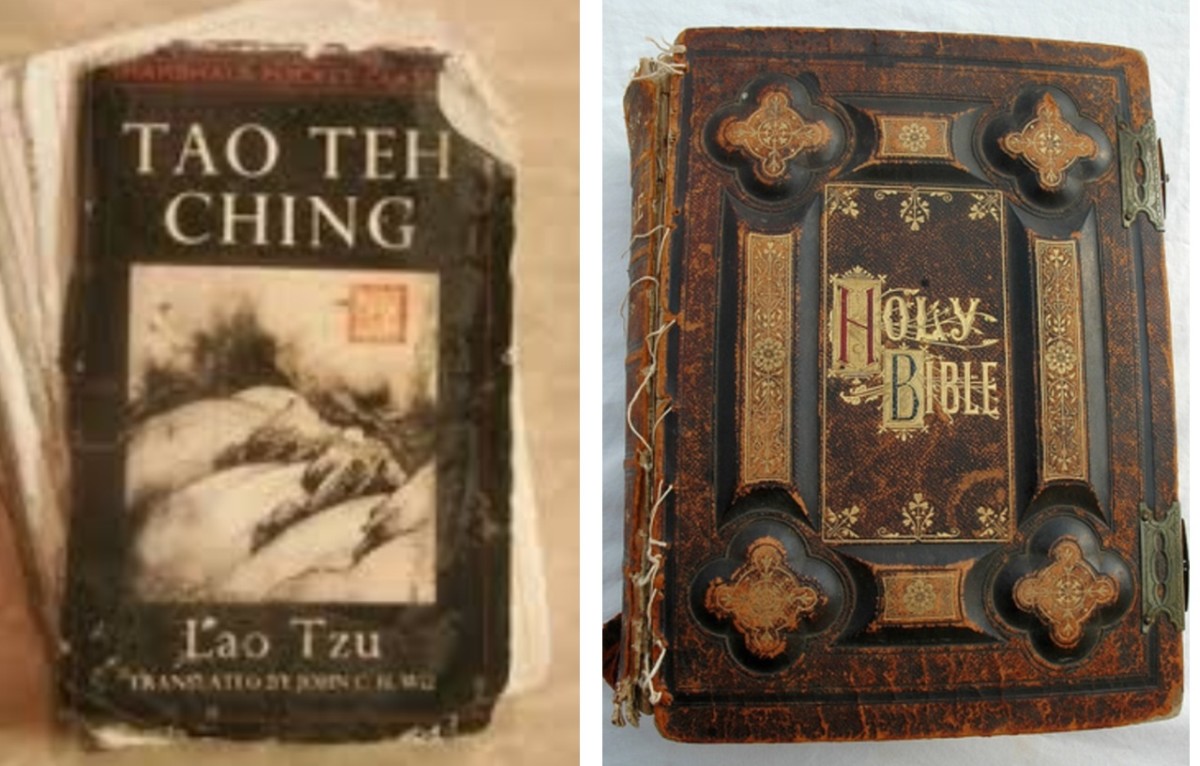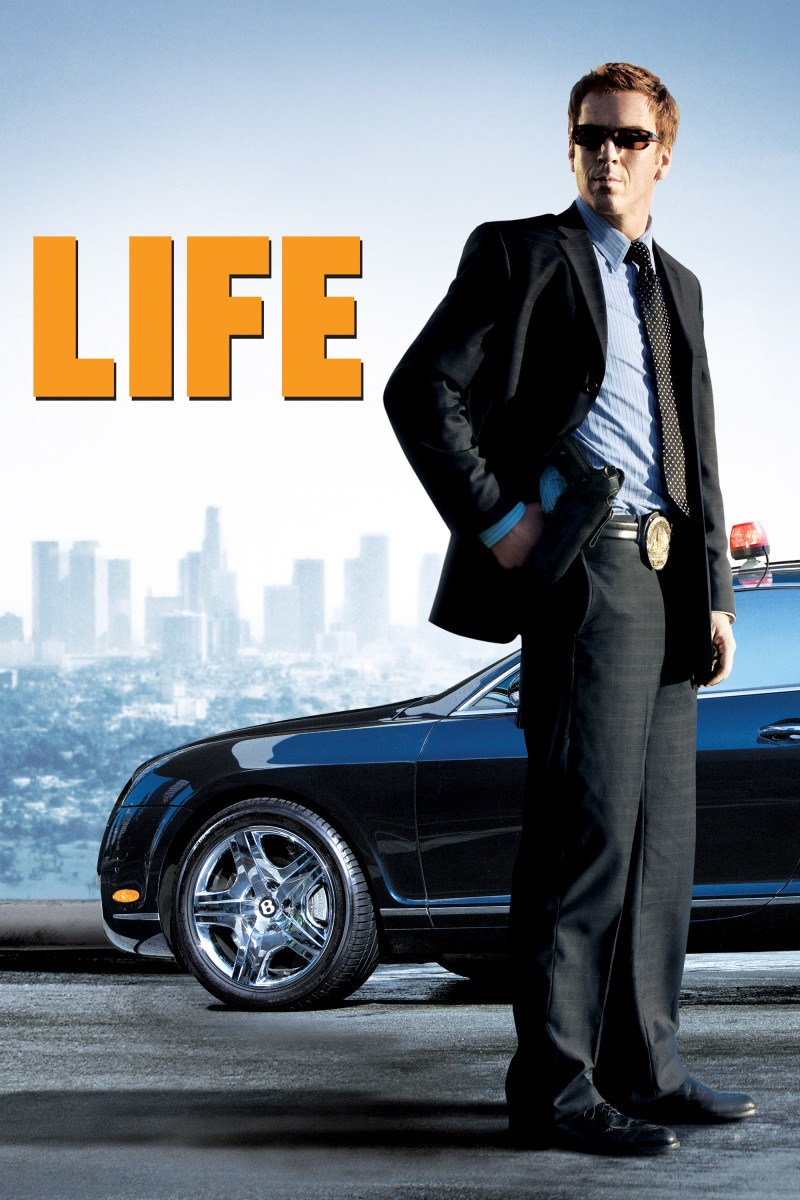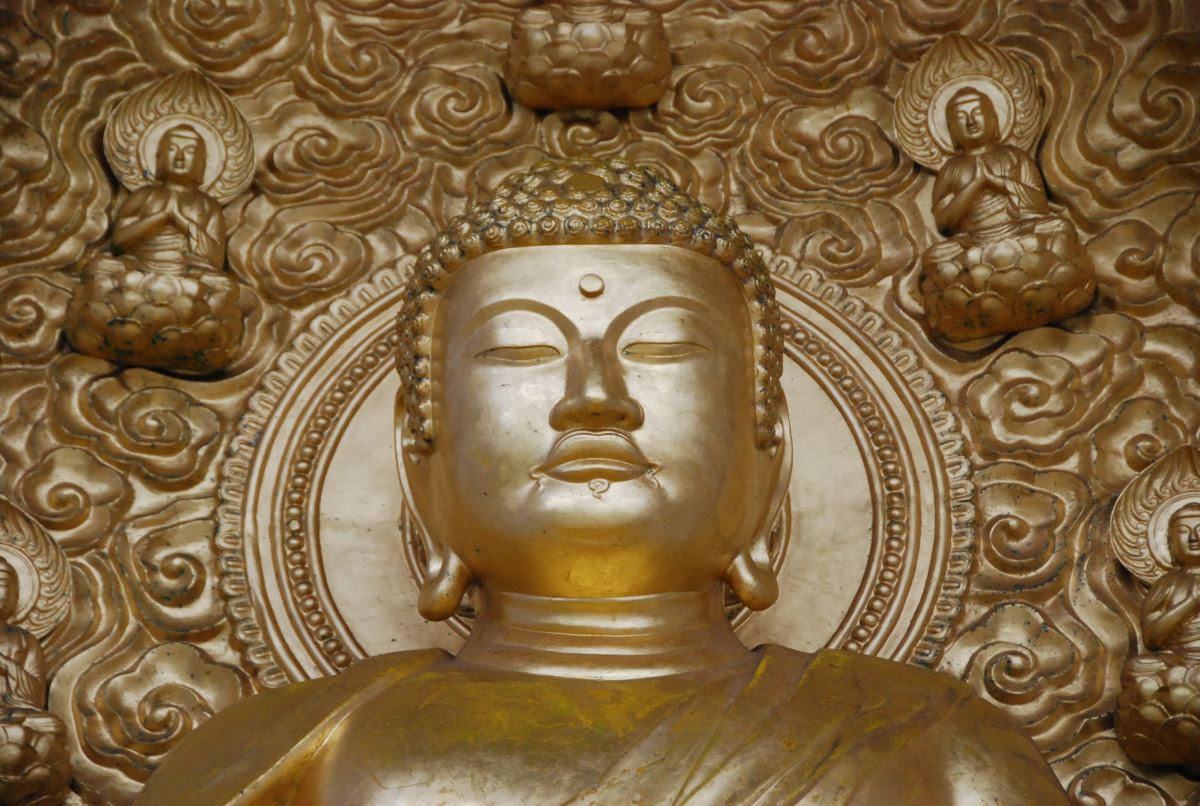Quotes of Lao Tzu
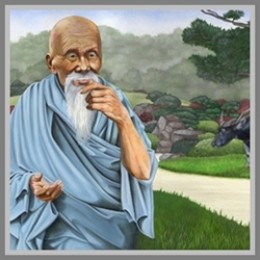
Who Is Lao Tzu?
Lao Tzu was not his original name, but an honorific given to the philosopher, meaning "Old Master." Lao Tzu is ascribed with the writing of the "Tao-Te Ching," (tao-means, the way of all life. Te-means, the fit use of life by people. Ching-means, text or classic). Even if Lao Tzu is considered to be the father of Taoism , It's hard to pin down a life history of this sage (570-490 BC). There are several legends about him. Several people believe that he never lived at all, whereas historians can point to numerous possible historical identities for him. Lao Tzu sought after his philosophy to stay behind a natural way to live life with goodness, tranquility and respect. Lao Tzu laid down no solid code of behavior. He believed a person's conduct should be governed by intuition and conscience. His teaching persisted on retirement from this world by keeping a low synopsis and practicing non-doing and emptiness as modus vivendi. Quotes of Lao Tzu are an electrifying character even today - typically because his wisdom which is both incomprehensible and penetrating. Read his quotes below.
Image Credit: Flicker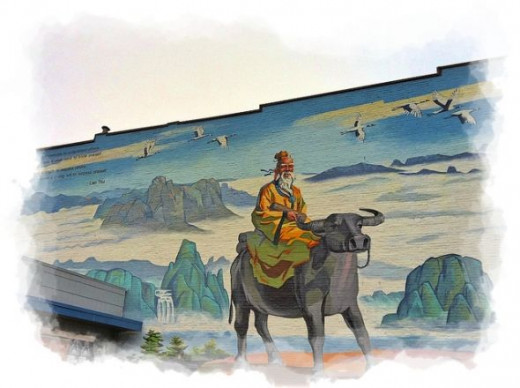
Photo courtesy: flickr . Under creative commons license
The Old Master » Lao Tzu
According to popular traditional biographies, he worked as the Keeper of the Archives for the royal court of Zhou. Many of the accepted accounts say that Lao Tzu was wedded and had a son named Zong, who became an eminent soldier.
Lao Tzu's conception is one of the most noteworthy theses in Chinese theory or story of the beginning and development of the universe, the solar system, or the earth-moon system. As with most other olden Chinese philosophers, Laozi often clarifies his thoughts by way of inconsistency, analogy, appropriation of ancient sayings, repetition, symmetry, rhyme, and rhythm.
Much later, Lao Tzu alleged that the kingdom's affairs were putrid, so he thought it was the time to leave. He was travelling West on a buffalo and reached the Han Gu Pass. The keeper of the pass grasped that Lao Tzu was leaving once for all, so he persuaded Lao Tzu write out some of his wisdom so that it could be conserved once he was gone. Lao Tzu climbed down from his buffalo and straight away wrote his thoughts. The outcome was the eighty-one sayings of the "Tao-Te Ching." This very old Chinese text is the world's most interpreted classic next to the Bible. Lao Tzu then left and was never heard of again.
Lao Tzu » Quotes: I
-
I have just three things to teach: simplicity, patience, compassion. These three are your greatest treasures.
-
If you would take, you must first give, this is the beginning of intelligence.
-
Do the difficult things while they are easy and do the great things while they are small. A journey of a thousand miles must begin with a single step.
-
All difficult things have their origin in that which is easy, and great things in that which is small.
-
At the center of your being you have the answer; you know who you are and you know what you want.
-
He who controls others may be powerful, but he who has mastered himself is mightier still.
-
He who knows that enough is enough will always have enough.
-
He who knows, does not speak. He who speaks, does not know.
-
Governing a great nation is like cooking a small fish - too much handling will spoil it.
-
Health is the greatest possession. Contentment is the greatest treasure. Confidence is the greatest friend. Non-being is the greatest joy.
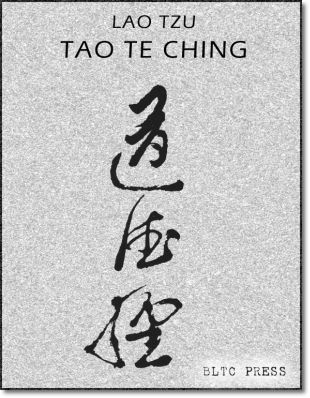
Tao The Ching »
Tao The Ching (The Classic of Tao and The) was written by Lao Tzu which explains the Way and all related to It - the "Undoing" and "Wu" theory, among others. The Tao The Ching was written in China approximately 2,500 years ago at about the same time when Buddha illustrated the Dharma in India and Pythagoras taught in Greece.
We know of Lao-tzu as a public person who afterward chose to move away in isolation. Not enough is known about his life apart from the fact he apparently wrote a book named Tao The Ching, which is measured to be the basis of Taoism.
This book consists of 81 short chapters among which 37 form the first part, (the Book of the tao), and the next 44 form the second part, (the Book of The). The Taoist philosophy is, according to the researcher, to become one with tao, inwardly attaining the universal rule of the return to origins.
However, for this principle the contender has to achieve the emptiness (wu ) and simplicity (p'u), and to carry out the undoing.Taoism teaches that there is one complete truth at the root of all things. The Tao The Ching is almost certainly the most powerful Chinese book of all times. Its 81 chapters have been converted into English more times than any other Chinese document.
To the mind that is still, the whole universe surrenders.
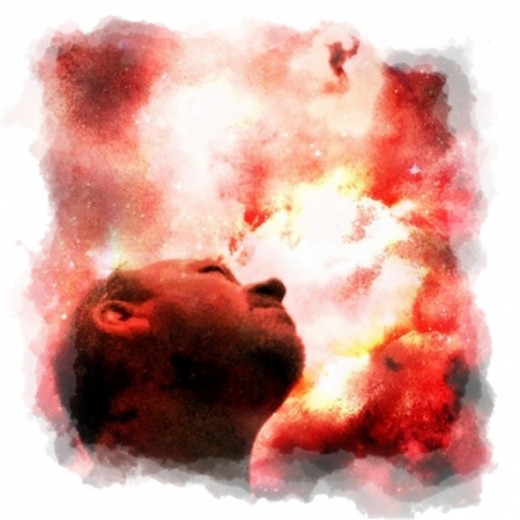
Lao Tzu » Quotes: II
-
Life is a series of natural and spontaneous changes. Don't resist them - that only creates sorrow. Let reality be reality. Let things flow naturally forward in whatever way they like.
-
Fill your bowl to the brim and it will spill. Keep sharpening your knife and it will blunt.
-
Being deeply loved by someone gives you strength, while loving someone deeply gives you courage.
-
The Inside-Out approach tells us to start with the man in the mirror. Self-mastery is the basis for success, for yourself as well as with others.
-
If you do not change direction, you may end up where you are heading.
-
When the best leader's work is done the people say, "We did it ourselves."
-
A scholar who cherishes the love of comfort is not fit to be deemed a scholar.
-
Love is of all passions the strongest, for it attacks simultaneously the head, the heart and the senses.
-
People in their handlings of affairs often fail when they are about to succeed. If one remains as careful at the end as he was at the beginning, there will be no failure.
-
When you are content to be simply yourself and don't compare or compete, everybody will respect you.
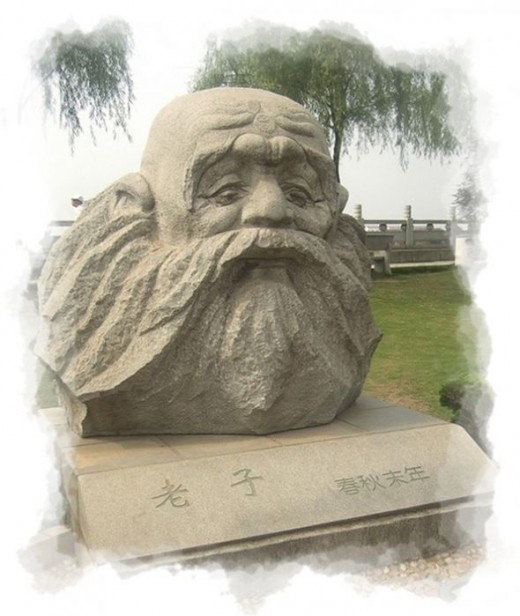
Teachings of Lao Tzu
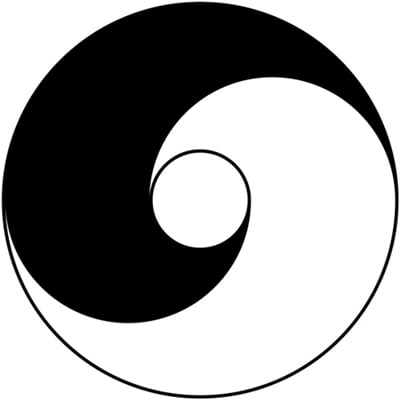
There is a thing inherent and natural, which existed before heaven and earth. Motionless and fathomless, It stands alone and never changes; It pervades everywhere and never becomes exhausted. It may be regarded as the Mother of the Universe. I do not know its name. If I am forced to give it a name, I call it Tao, and I name it as supreme.
Image & Message Credit: Wikiquotes under creative commons license
Lao Tzu » Quotes: III
-
Don't think you can attain total awareness and whole enlightenment without proper discipline and practice. This is egomania. Appropriate rituals channel your emotions and life energy toward the light. Without the discipline to practice them, you will tumble constantly backward into darkness.
-
Fame or integrity: which is more important? Money or happiness: which is more valuable? Success or failure: which is more destructive? If you look to others for fulfillment, you will never truly be fulfilled. If your happiness depends on money, you will never be happy with yourself. Be content with what you have; rejoice in the way things are. When you realize there is nothing lacking, the whole world belongs to you.
-
Men are born soft and supple; dead, they are stiff and hard. Plants are born tender and pliant; dead, they are brittle and dry. Thus whoever is stiff and inflexible is a disciple of death. Whoever is soft and yielding is a disciple of life. The hard and stiff will be broken. The soft and supple will prevail
-
When superior people hear of the Way, they carry it out with diligence. When middling people hear of the Way, it sometimes seems to be there, sometimes not. When lesser people hear of the Way, they ridicule it greatly. If they didn't laugh at it, it wouldn't be the Way.
-
The Way of Heaven does not complete, and yet it skillfully achieves victory. It does not speak, and yet it skillfully responds to things. It comes to you without your invitation.
-
"Watch your thoughts; they become words."
"Watch your words; they become actions."
"Watch your actions; they become habits."
"Watch your habits; they become character."
"Watch your character; it becomes your destiny."
-
If the Great Way perishes there will morality and duty. When cleverness and knowledge arise great lies will flourish. When relatives fall out with one another there will be filial duty and love. When states are in confusion there will be faithful servants.
-
People in their handlings of affairs often fail when they are about to succeed. If one remains as careful at the end as he was at the beginning, there will be no failure.
-
The career of a sage is of two kinds: He is either honored by all in the world, Like a flower waving its head, Or else he disappears into the silent forest.
-
The people are hungry: It is because those in authority eat up too much in taxes.
Our True Nature » Lao Tzu and Taoism
More About Lao Tzu » From The Web
- Lao Tzu: Father of Taoism
Although ascetics and hermits such as Shen Tao (who advocated that one 'abandon knowledge and discard self') first wrote of the 'Tao' it is with the sixth century B.C. philosopher Lao Tzu (or 'Old Sage' -- born Li Erh) that the philosophy of Taoism r - Lao Tzu Page
Though he is considered to be the father of Taoism , little is known about Lao Tzu (The Old Sage). He would have lived during the Warring States period in China, as an archivist at the Royal court, and there he would have met the notorious Confucius - Laozi
Laozi (Lao Tzu; also Lao Tse, Lao Tu, Lao-Tzu, Lao-Tsu, Laotze, Laosi, Lao Zi, Laocius, and other variations) was a mystic philosopher of ancient China, best known as the author of the Tao The Ching. His association with the Tao The Ching has led him - Laozi (Lao-tzu, fl. 6th C. BCE)
Laozi is the name of a legendary Daoist philosopher, the alternate title of the early Chinese text better known in the West as the Daodejing, and the moniker of a deity in the pantheon of organized "religious Daoism" that arose during the later Han d - Laozi
Confucianism, Daoism (Taoism), and Buddhism commonly name the three main pillars of traditional Chinese thought, although it should be obvious that like any "ism," they are abstractions - what they name are not monolithic but multifaceted traditions - Lao Tzu
The 'madman of Ch'u', the first of the 'irresponsible hermits', according to the Confucians, was Li Er (born 604 BC), but it has become usual in China to refer to the founder of Taoism as Lao-tzu, the Old Philosopher. Though he may have been keeper o - Lao Tzu and Taoism
Lao Tzu and Taoism can not be separated. Lao Tzu is considered to be the father of Taoism, thus when one studies Lao Tzu he/she studies Taoism too
